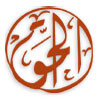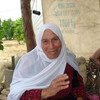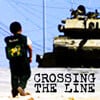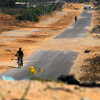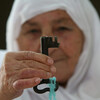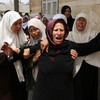
Rights org: "Fog of war" no cover for Gaza killings
18 May 2008
At approximately 9:15 am on 14 May 2008, 17-year-old Hamdi Salemeh Khader was riding his bicycle on al-Karama Road near a local cement factory in the northern Gaza Strip when he was shot twice (once in the shoulder and once in the upper right quadrant of the chest) by machine gun fire emanating from the tanks, killing him instantly. Hamdi’s death is just one of many willful killings perpetrated by Israeli forces in the Gaza Strip. Read more about Rights org: "Fog of war" no cover for Gaza killings
